Reflection for Christ Church Uniting, 12 November 2023
with Psalm 78:1–7
Hope restored
Listen, people of Holy One:
listen to the Story.
Hear the ancient chapters
of struggle, conflict, evil,
of distance from home
and Holy One, of covenant
broken and rejected,
relationships broken,
Holy One and kin rejected.Hear the dark times
told again: we will not
close our ears not hide
away, but tell what
our ancestors did
and came to know;
we will tell for each new
generation of children
of Holy One – They are
faithful, inspire awe,
show love beyond measure,
restore what is broken again
and again.Promises made again
Teaching given again
Covenant written again
in the heart of the Divine
and Their people.Listen, people of Holy One –
listen!
Hear the Story of hope
that meets the people
of the only Holy One,
the light that draws us on.
(c) Sarah Agnew, Pray the Story (Volume 2)
We will tell the story
Psalm 78 tells the story of the turning away from God by the people of God; and of God’s faithfulness throughout.
The opening verses call the people to tell the story – we will not hide it from our children. We will tell the story – truly, honestly. We will tell it so we know – who we are; where we have been; why we are how and where we are.
Jesus told stories
Matthew quotes Psalm 78, actually, in ‘what had been spoken through the prophet’, or, psalmist. This is a feature of Matthew’s account, emphasizing God’s purposes by quoting Scriptures, and introducing the quotes with the language of ‘fulfilment’. In this way, this ‘gospel applies verses from one scriptural context to Jesus’ life to underline God’s purposes at work in him.’ [Warren Carter, ‘Matthew’ NISBnotes, 1749]
This narration from the gospel composer comes in the midst of a series of parables spoken by Jesus. Jesus as teller of stories is a key element of who Jesus is, in this account. The narrator recalls for the listeners the ancient story of the people to whom Jesus belongs, and shows in his actions that Jesus is aligned with that story; Jesus is shown to enact the story through his commitment to parables and stories as the psalmist affirms the people are committed to telling parables and stories with courage and faithfulness; Jesus fulfills what is spoken of who the people of God will be, who the anointed of God will be – and thus, the people may trust in what he says and does as of the story of life God’s people have long found with God.
We tell stories
And I want to invite you to reflect on the stories you tell
Recently, in the last weeks or months, or longer ago if such a memory arises, can you think of a time you told a story of God, Holy One, a Sacred moment or encounter?
Who did you tell?
How did the occasion arise for sharing the story?
How did it feel to tell the story?
How was the story received?
Would you do it again?
pause
Can you think of a time when you could have told a story of God, Holy One, a Sacred moment or encounter, but you chose not to, out of fear, from lack of confidence in how to tell the story or how it would be received?
What would help you to choose to share your story, in a similar moment, do you think?
pause
That – that thought you’ve just had – I need that – or might think of later today or tomorrow: hold on to that, and tell me, when you’re ready; tell your pastoral carer; tell a member of council; tell a fellow member of this community. If we can name how we might be helped, we can turn up for and with each other, and give and receive that help.
For, remember last week we were reflecting on discipleship? That’s what we’re talking about – naming what support we need to grow, to faithfully and courageously tell the Story of God as we experience it, weaving the story of life with our neighbours by telling, hearing, stories of sacred encounter, and making meaning together, enriching life together.
At this point, I invited the people to turn to someone near them and share the thought they might have had: ‘What would help me to tell my story of encountering the Sacred, when the opportunity arises?’
Story, Testimony: On the road together
‘In telling the stories of our lives, we find we are not alone on the journey. Other pilgrims are on this road, too. Pilgrims have always told stories along the way.’
So says Diana Butler Bass at the close of her chapter on ‘Testimony’ in Christianity for the Rest of Us (142).
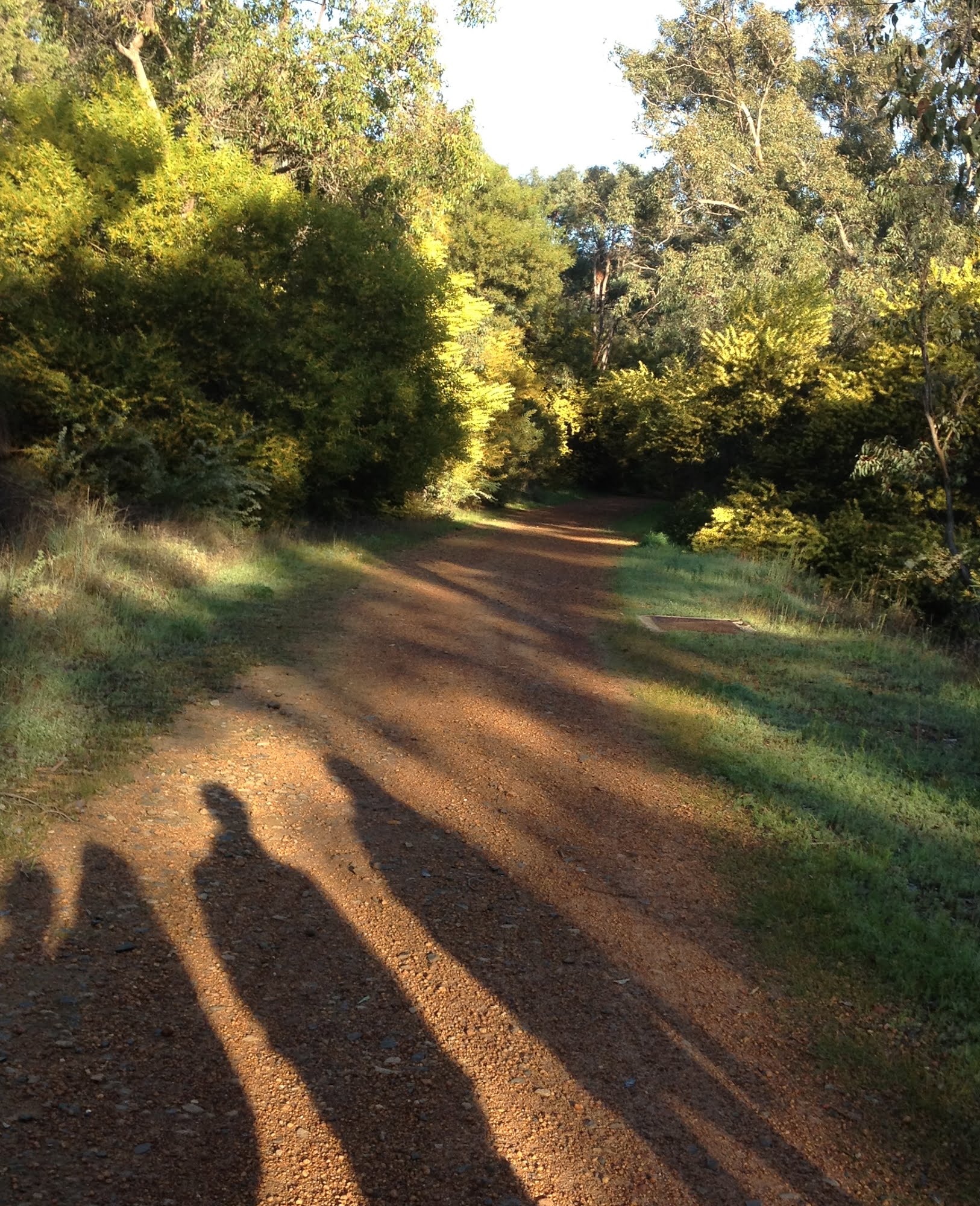
Diana Butler Bass earlier says:
‘In many ways, testimony [faith story sharing] is the most democratic – and empowering – of all Christian practices. The entire New Testament is a testimony, a record of experiences that early Christians had with the transformative power of God. Those early believers wrote down their testimonies, their experiences of sharing their testimonies, and the impact of their testimonies on the people around them. This basic structure underlies almost every book in the New Testament – most of which claim to ‘witness’ or ‘testify’ to the love and grace of Jesus Christ.’
(Christianity for the Rest of Us, 134 – Find at Booktopia)
I told a story to finish, from Robert Schnase, Five Practices of Fruitful Congregations (pp 59–60: available from MediaCom). The story begins:
In a remote village a half-day’s walk outside of Jerusalem, a woman fed dried branches into a fire as she prepared to make bread for the day. She dipped her hands into the water of a small basin that sat beside the vase she had carried from the well before sunrise. She sighed deeply at the prospect of another day of unending work just to scrape enough food together to feed her daughters and herself. Since her husband’s sudden illness and death, she had felt abandoned and alone in ways she could barely fathom. As she felt the cool water trickle through her fingers, she thought about the story she had heard the night before as she gathered with her neighbours for prayer and supper. It was a story about a woman who met Jesus at a well, where he talked about ‘living water’.
and goes on:
Whenever and wherever friends gathered to retell the stories, she was there, and she then retold them to her daughters and neighbours. She loved learning more about Jesus, hearing about God, and building friendships with others. The stories carried her to the well and back each morning and sustained her through the daily task of feeding her family…
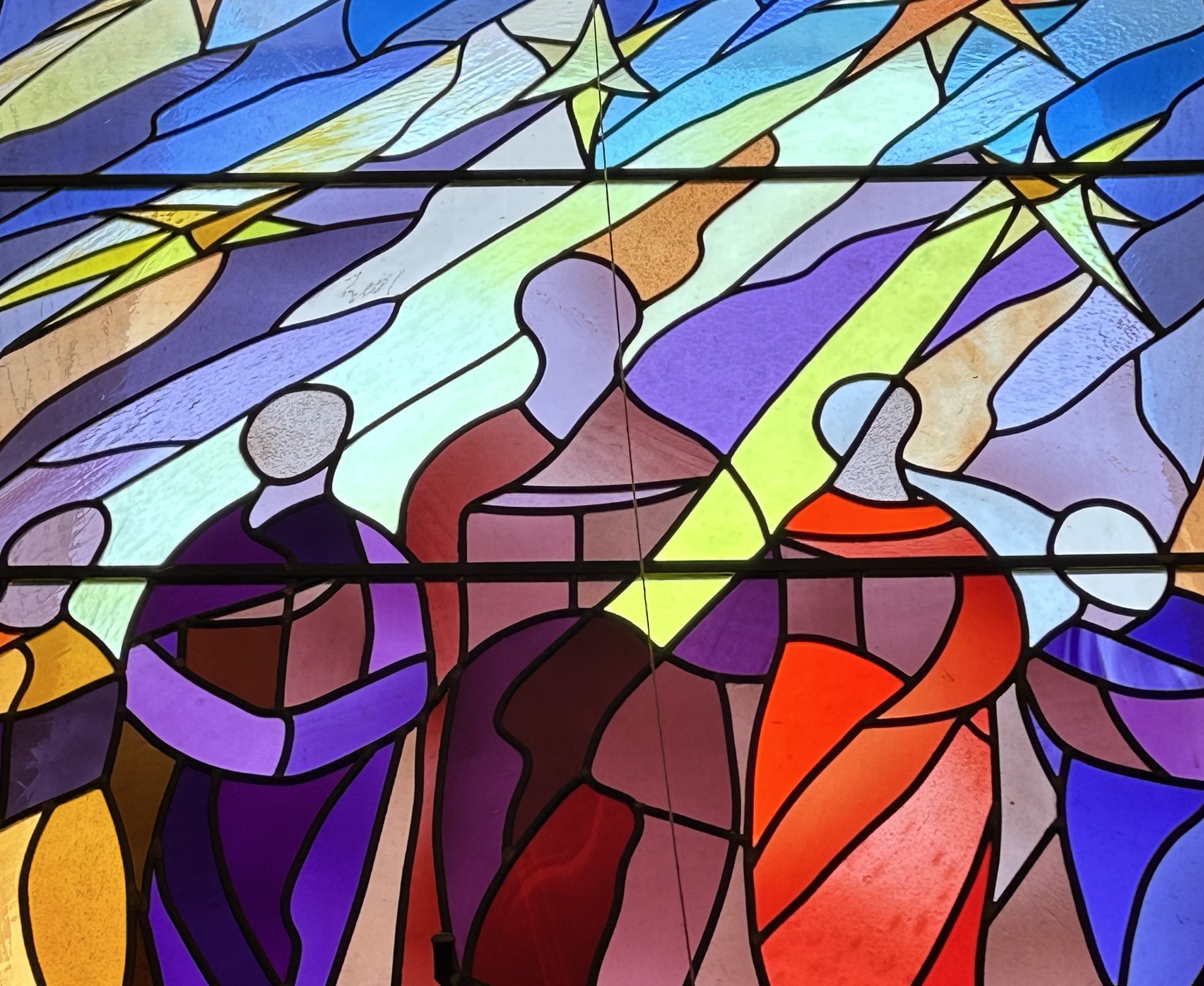
Pass the story on
The New Testament is people’s testimony. Telling the stories, receiving the stories, passing the stories on.
As communities of disciples of Christ, hearing the stories of our sacred inheritance together, bringing them into conversation with the stories of our lived experience, we embrace ‘the power of stories to change us, a continuing work of the Holy Spirit.’ (DBB, 139)
Jesus told stories. The Psalmist invites us into the ancient commitment to tell the stories of God, present, faithful, loving. And so, we tell stories.
May it be so.
References
Bass, Diana Butler. Christianity for the Rest of Us. New York, NY: HarperCollins, 2006.
Schnase, Robert. Five Practices of Fruitful Congregations. Nashville: Abingdon, 2007.
The New Interpreter’s Study Bible. Nashville: Abingdon, 2003.
Learn more about Christ Church Uniting, Wayville.

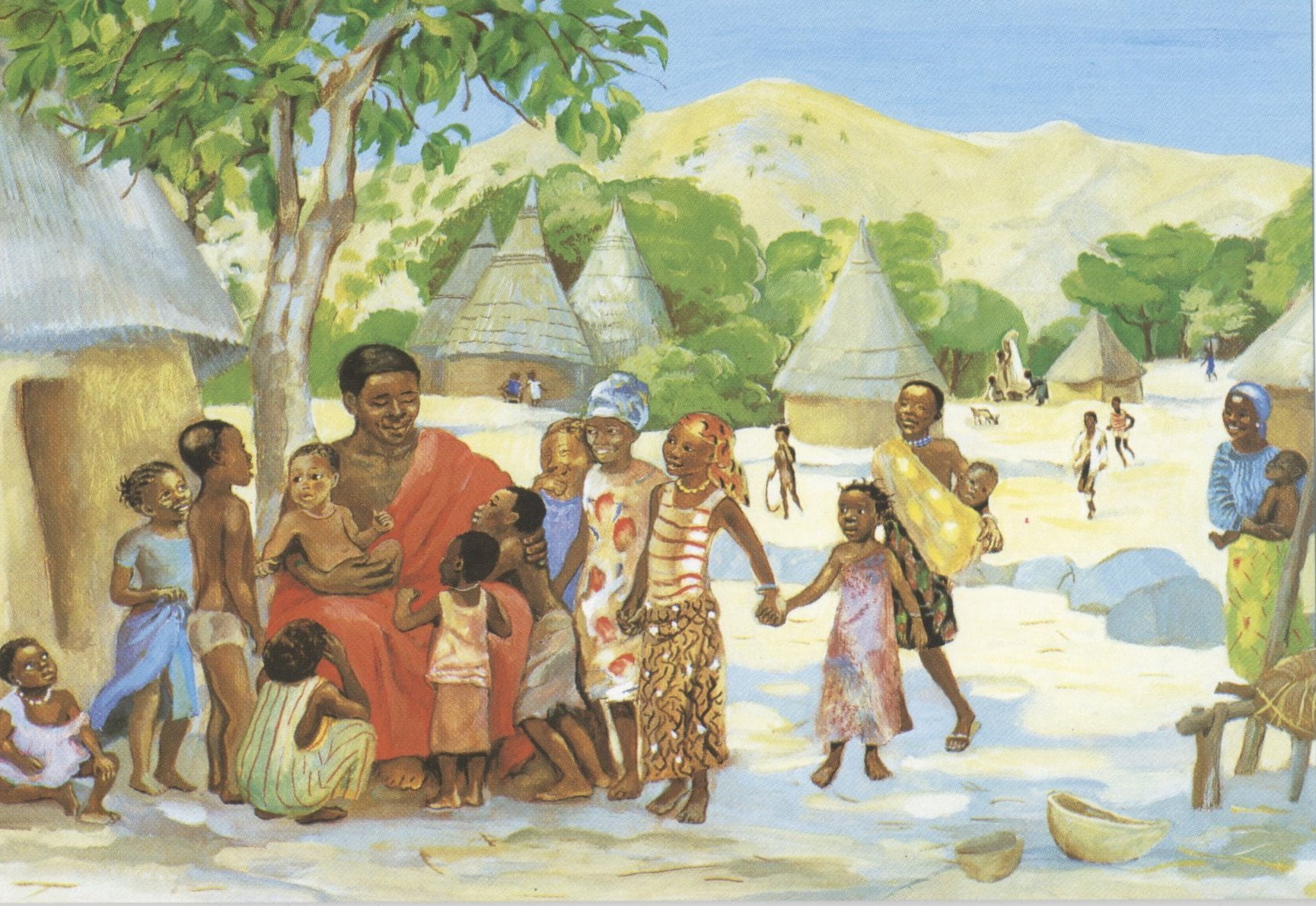
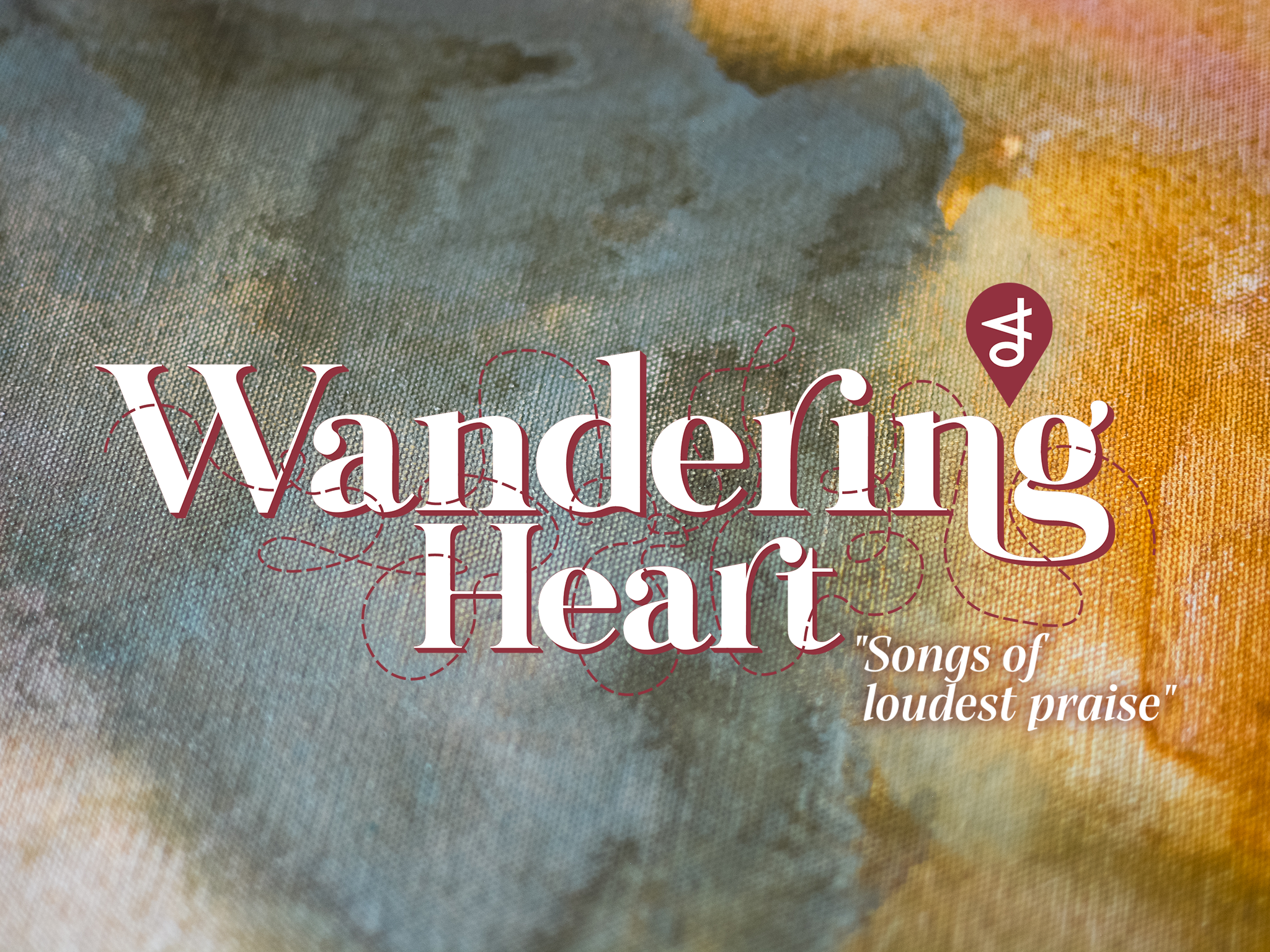

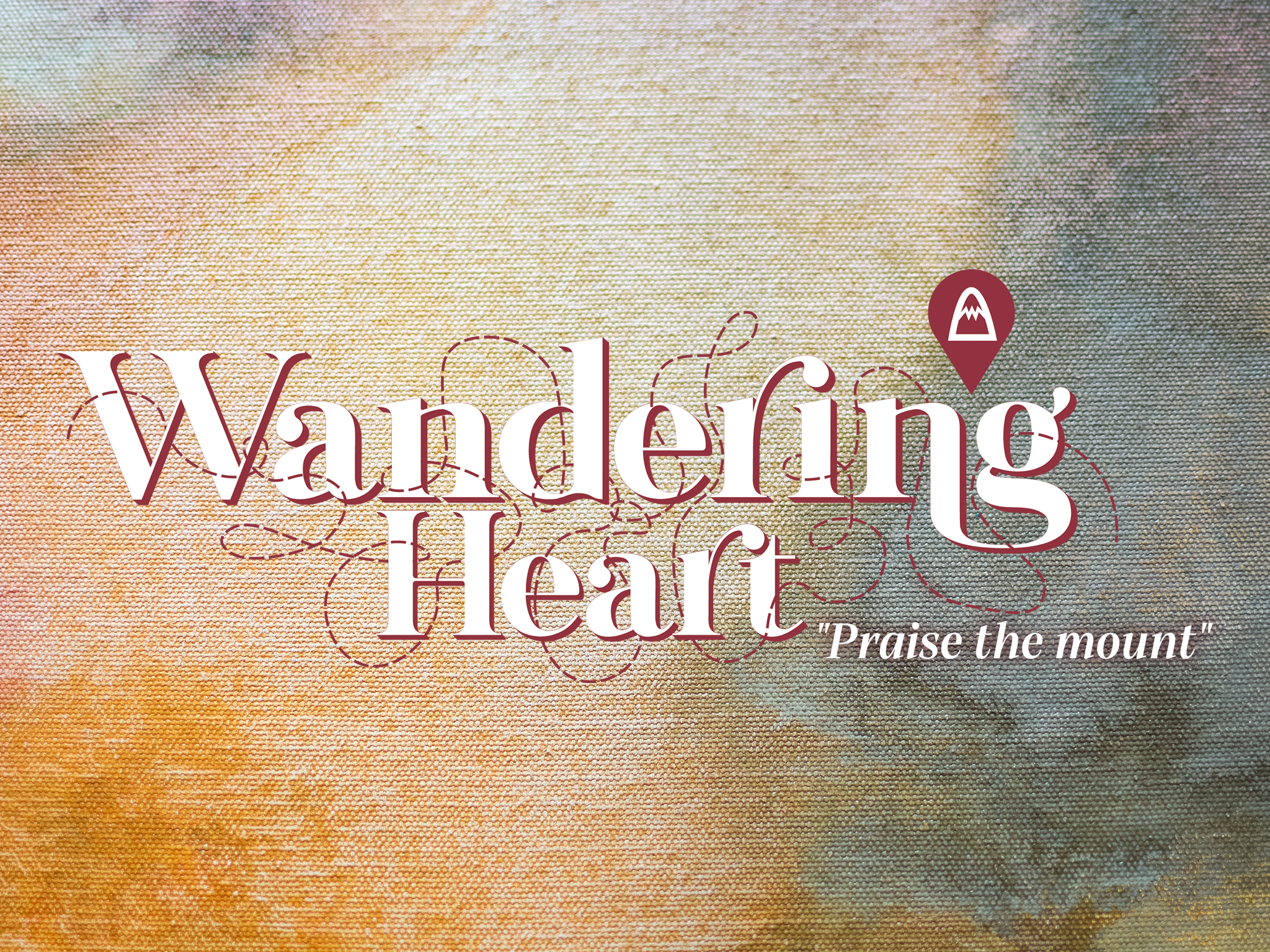
Leave A Comment